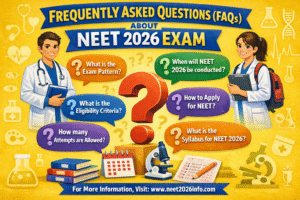JPC in the Indian Parliament
JPC stands for Joint Parliamentary Committee. It is a special committee in the Indian Parliament formed to investigate specific issues or matters of public importance. A JPC includes members from both the Lok Sabha (House of the People) and the Rajya Sabha (Council of States).
Key Features of JPC
- Purpose:
- To investigate serious matters such as financial scams, corruption cases, or
major policy issues. - It examines the issue in detail and provides a report with recommendations.
- To investigate serious matters such as financial scams, corruption cases, or
- Formation:
- A JPC is formed through a motion passed in one house of Parliament and
agreed upon by the other house. - The composition and terms of reference (objectives) of the JPC are defined
during its formation.
- A JPC is formed through a motion passed in one house of Parliament and
- Composition:
- The JPC usually includes members from all major political parties to
ensure balanced representation.
- The JPC usually includes members from all major political parties to
- Powers:
- It can summon people, including ministers, government officials, and
experts, to provide information or give evidence. - It can examine documents and seek explanations.
- It can summon people, including ministers, government officials, and
- Recommendations:
- The JPC submits a report to Parliament with its findings and suggestions.
- However, its recommendations are not binding on the government.
Notable JPCs in India
- Bofors Scandal (1987):
- Investigated allegations of corruption in the purchase of Bofors guns.
- Harshad Mehta Scam (1992):
- Examined irregularities in the stock market and banking transactions.
- 2G Spectrum Scam (2011):
- Investigated alleged irregularities in the allocation of 2G spectrum licenses.
- Adani-Hindenburg Controversy (Proposed 2023):
- Opposition demanded a JPC to probe allegations against the Adani Group
Significance of JPC
- Ensures parliamentary accountability and transparency.
- Provides a platform to investigate complex matters requiring in-depth study.
- Helps address public concerns over sensitive issues.







